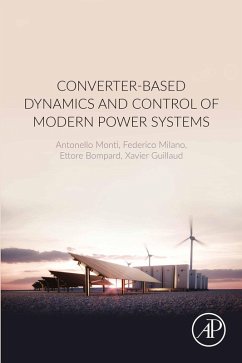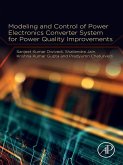These changes make it more important to consider and understand the role of power electronic systems and their characteristics in shaping the subtleties of the grid and this book fills that knowledge gap.
Balancing theory, discussion, diagrams, mathematics, and data, this reference provides the information needed to acquire a thorough overview of resilience issues and frequency definition and estimation in modern power systems.
This book offers an overview of classical power system dynamics and identifies ways of establishing future challenges and how they can be considered at a global level to overcome potential problems. The book is designed to prepare future engineers for operating a system that will be driven by electronics and less by electromechanical systems.
- Includes theory on the emerging topic of electrical grids based on power electronics
- Creates a good bridge between traditional theory and modern theory to support researchers and engineers
- Links the two fields of power systems and power electronics in electrical engineering
Dieser Download kann aus rechtlichen Gründen nur mit Rechnungsadresse in A, B, BG, CY, CZ, D, DK, EW, E, FIN, F, GR, HR, H, IRL, I, LT, L, LR, M, NL, PL, P, R, S, SLO, SK ausgeliefert werden.









